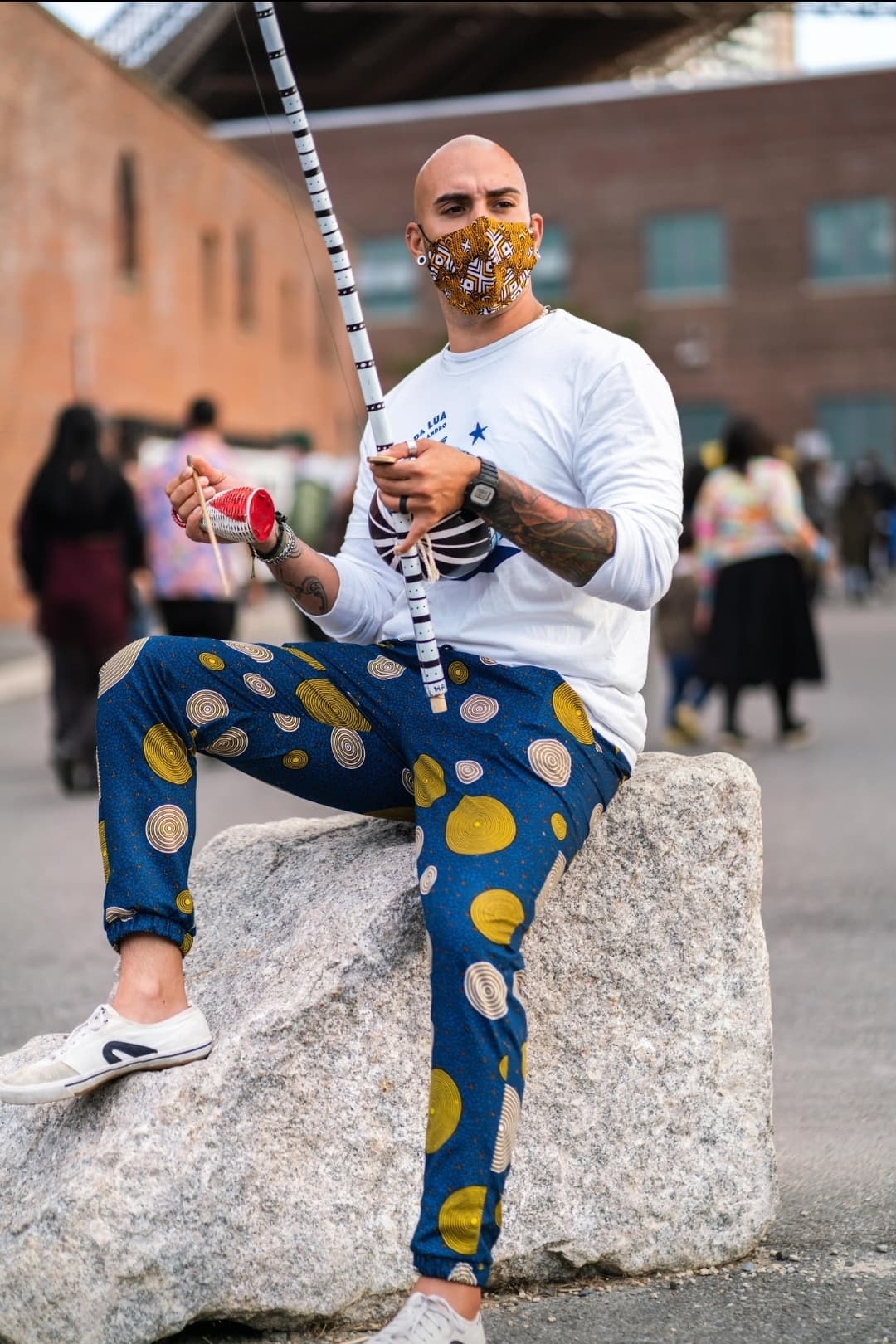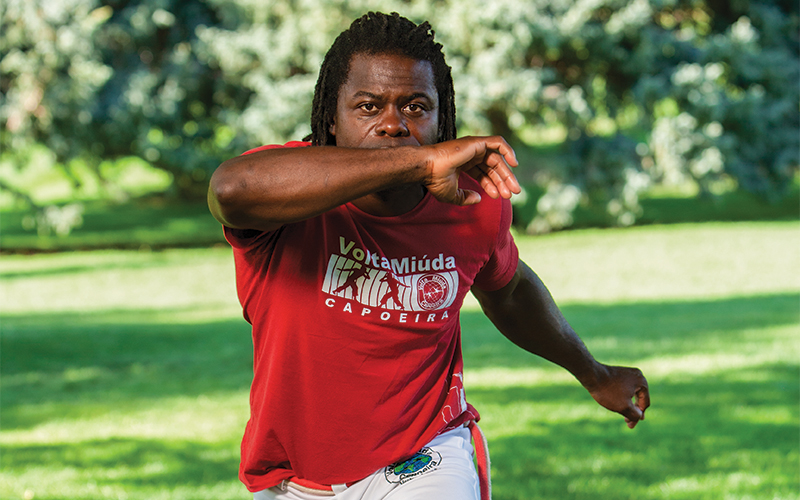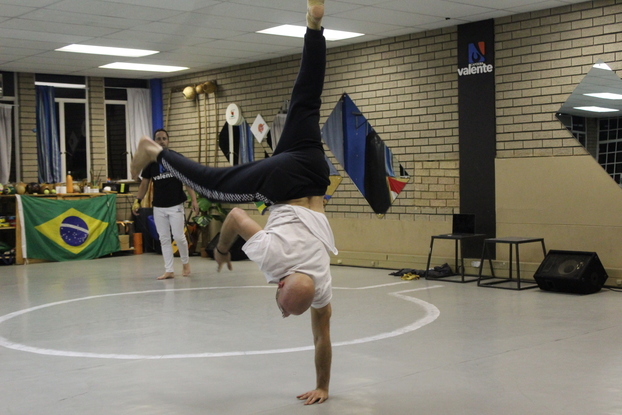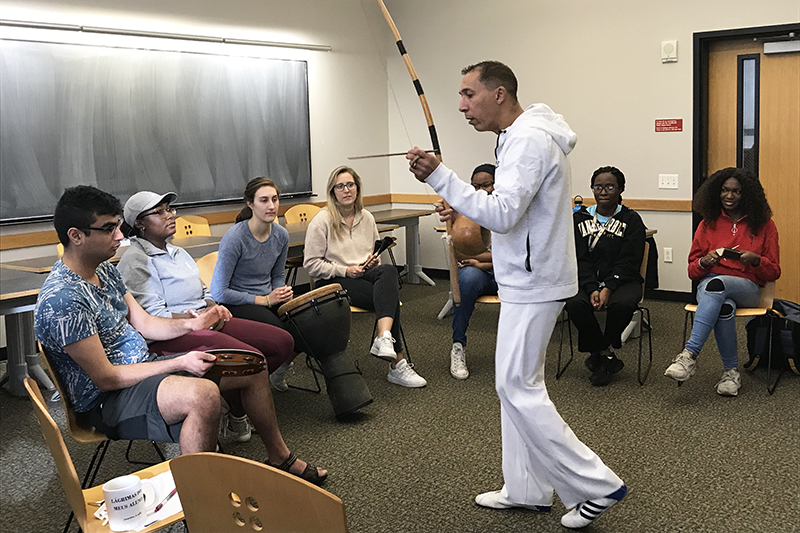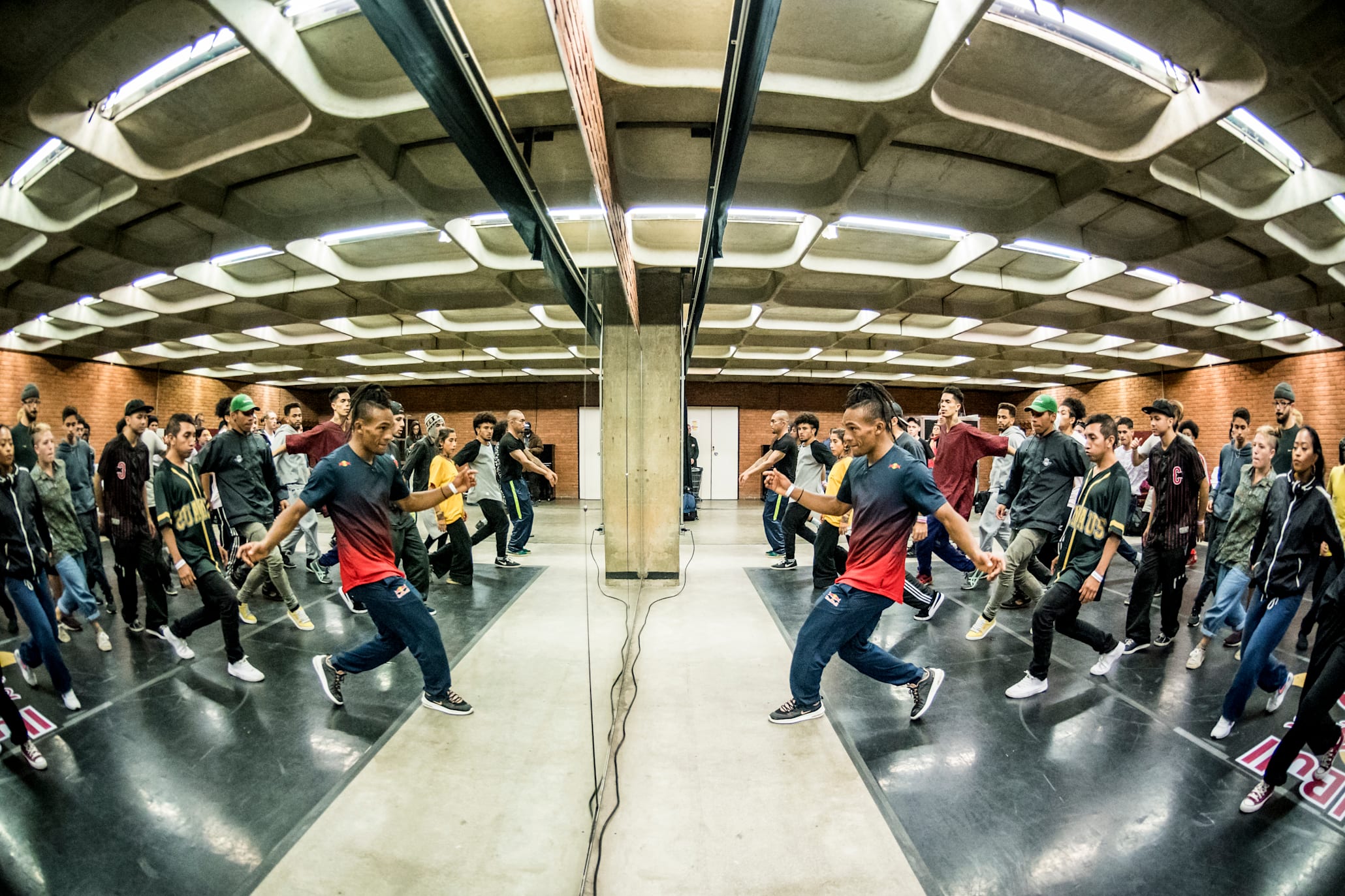
With the 2016 Summer Olympics, the world’s focus on Rio de Janeiro has never been greater. The big media players are making sure they provide consumers with a relentless buffet of content surrounding not only the Olympics itself, but Brazil’s varied and colorful culture. Capoeiristas know the importance of capoeira in Brazil’s identity, but its presence in the media remains a novelty at best.

The international media surrounding the Olympics has not been shy about dipping into Rio de Janeiro’s favelas whenever they need to show a different side of Brazil; its controversial social and economic inequality is an easy target. However, the result is often short, inspirational stories highlighting how capoeira helps young people overcome the challenges of the favela (and constantly pointing out that it is not an Olympic sport, despite its cultural importance to the host country).

With the 2016 Olympic Games fast approaching, the culture of Brazil—and especially of Rio de Janeiro—is getting lots of attention. Rocinha’s Acorda-Capoeira, led by Mestre Manel, was recently featured in a Reuters article detailing the mestre’s extraordinary efforts in building a successful capoeira community in one of Rio’s most notorious favelas.

